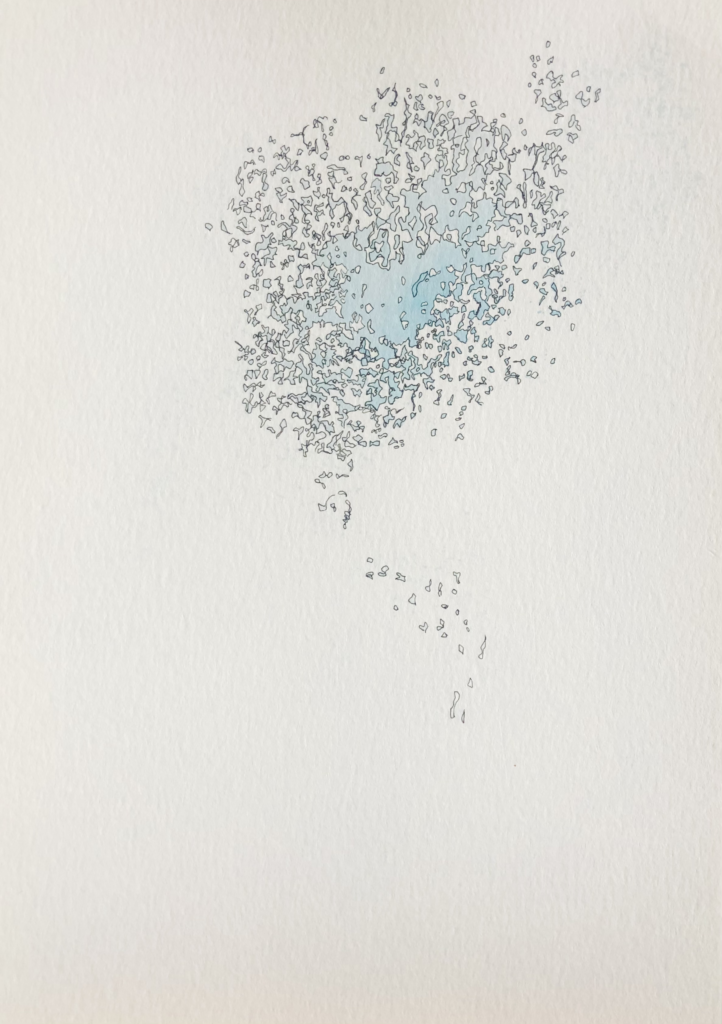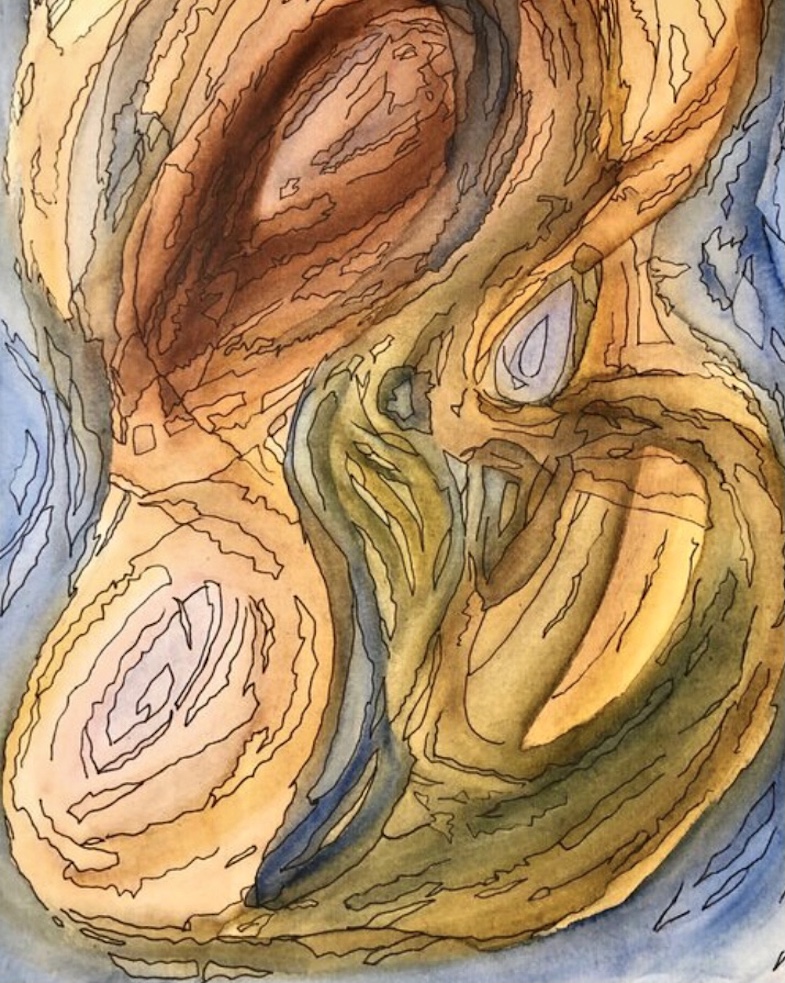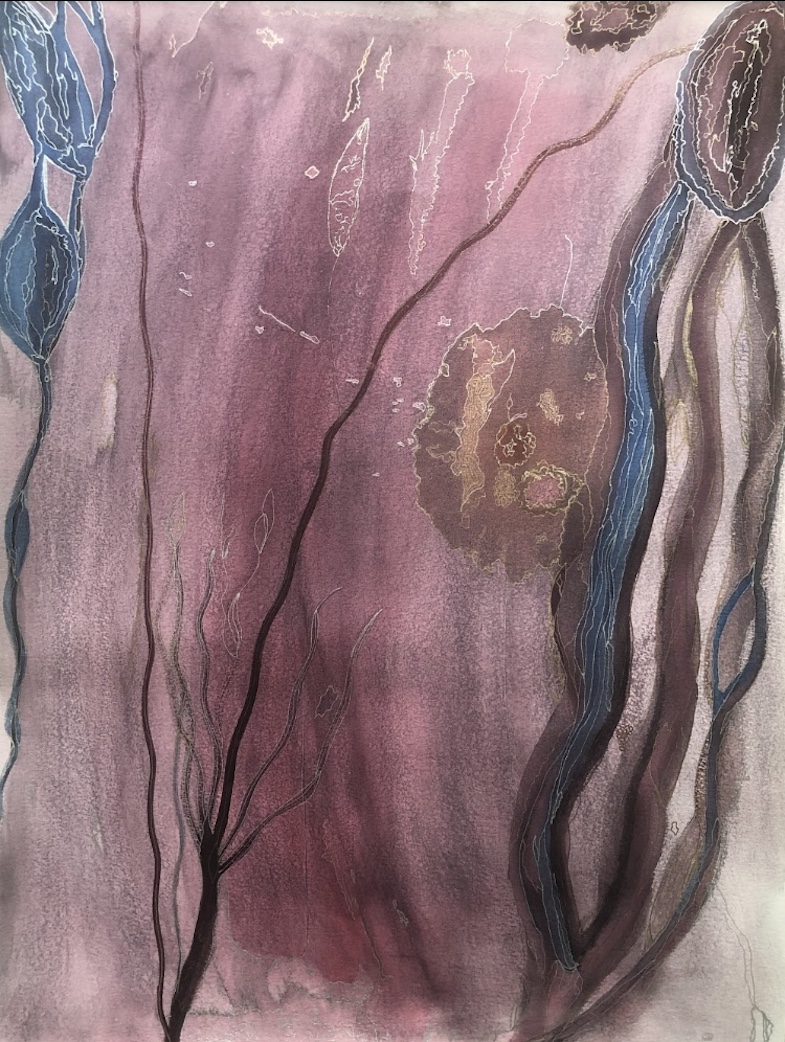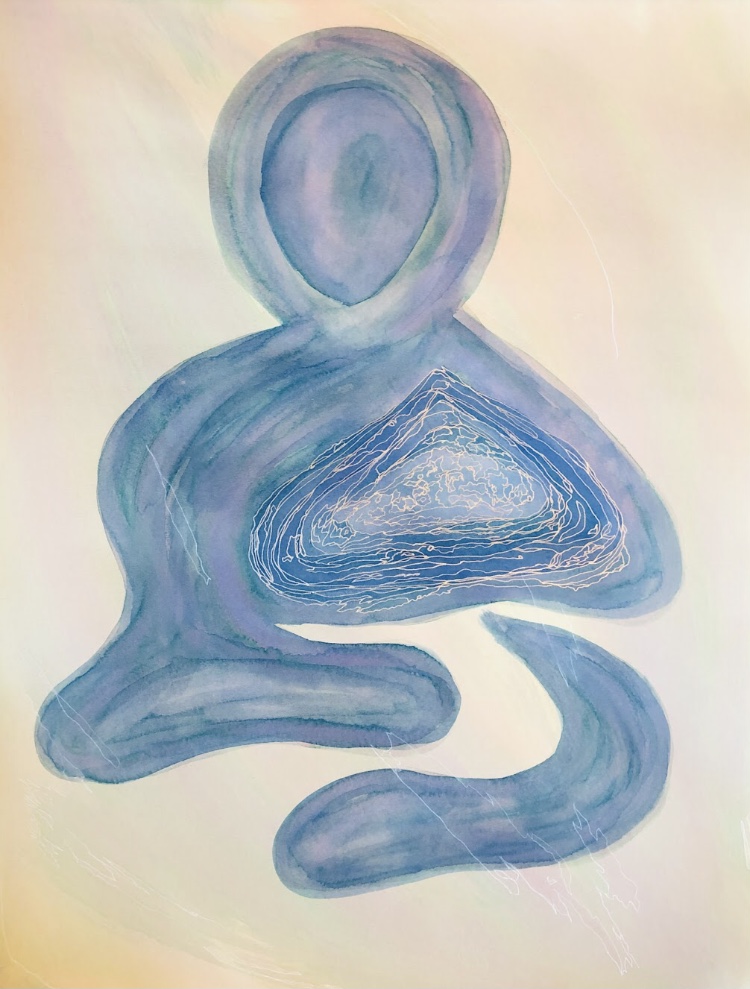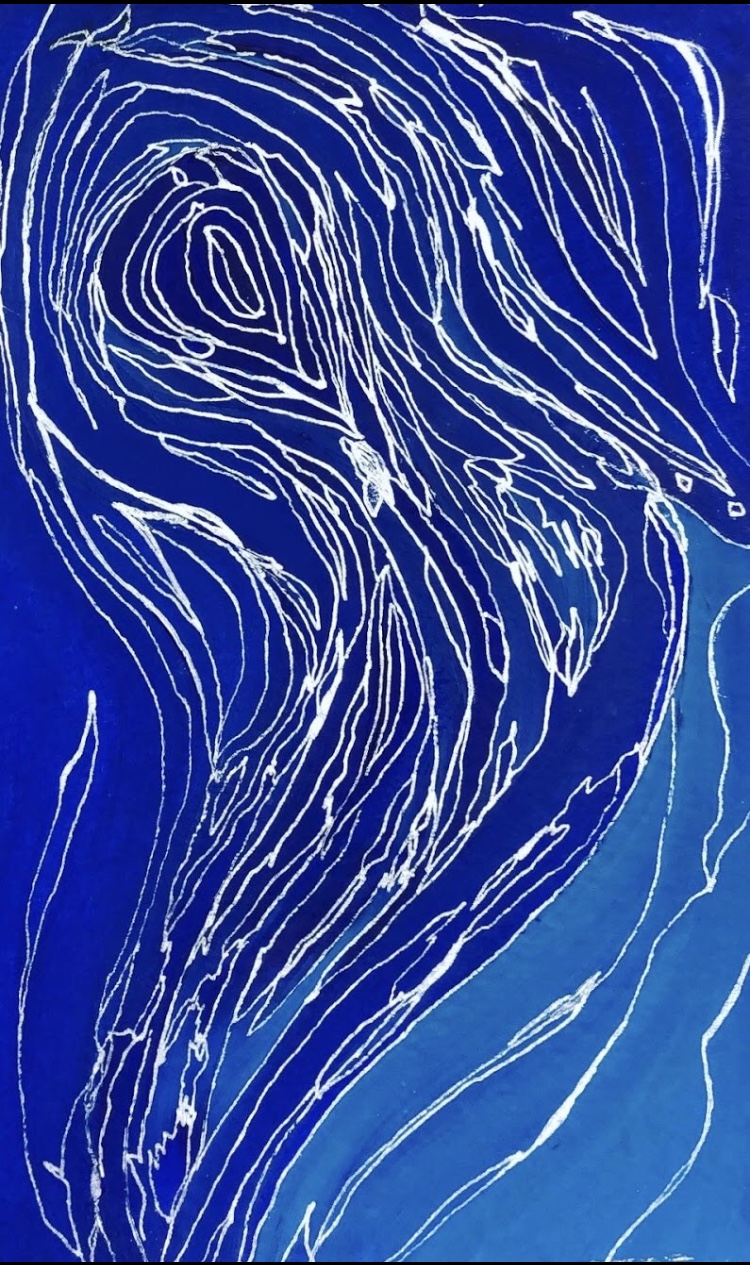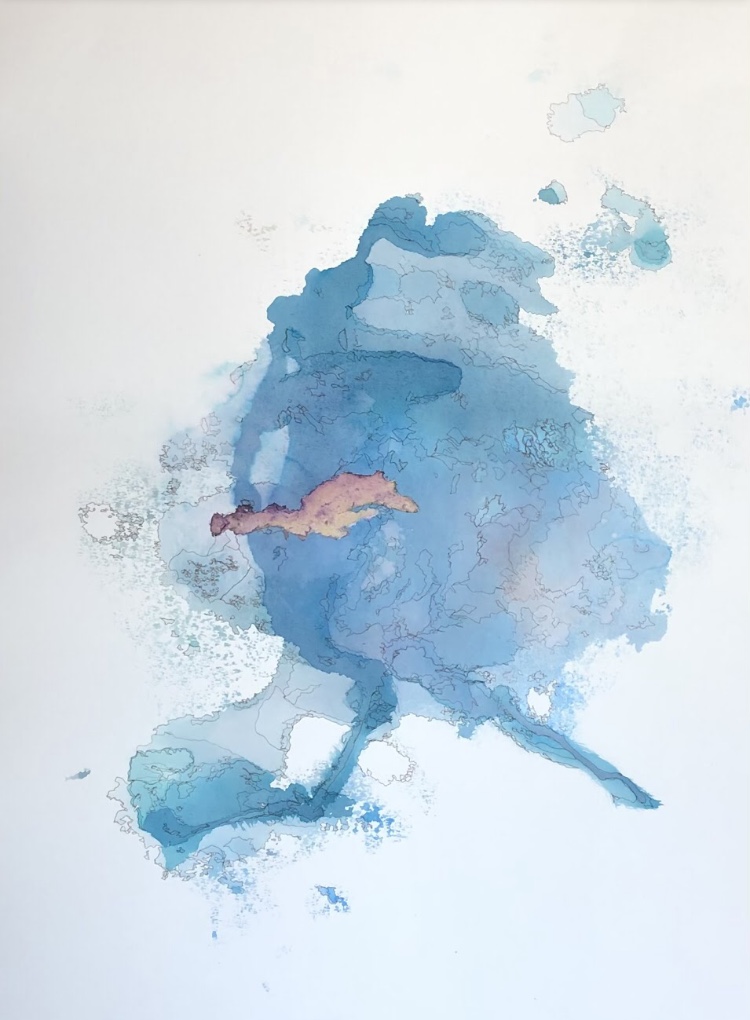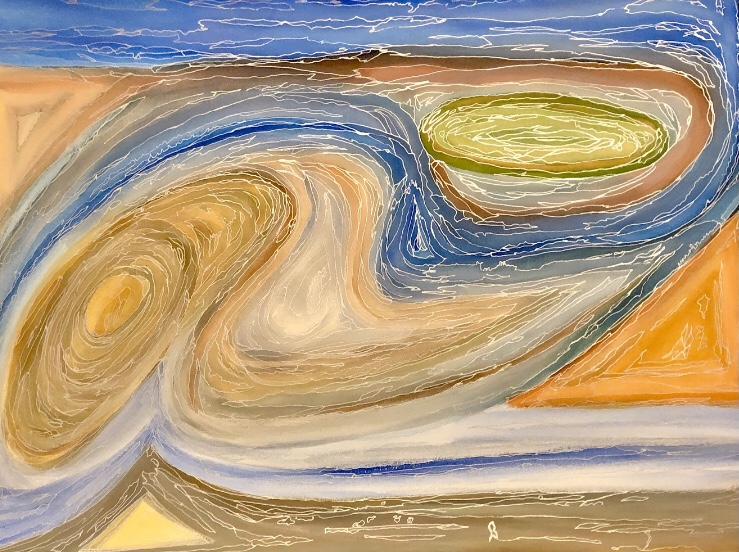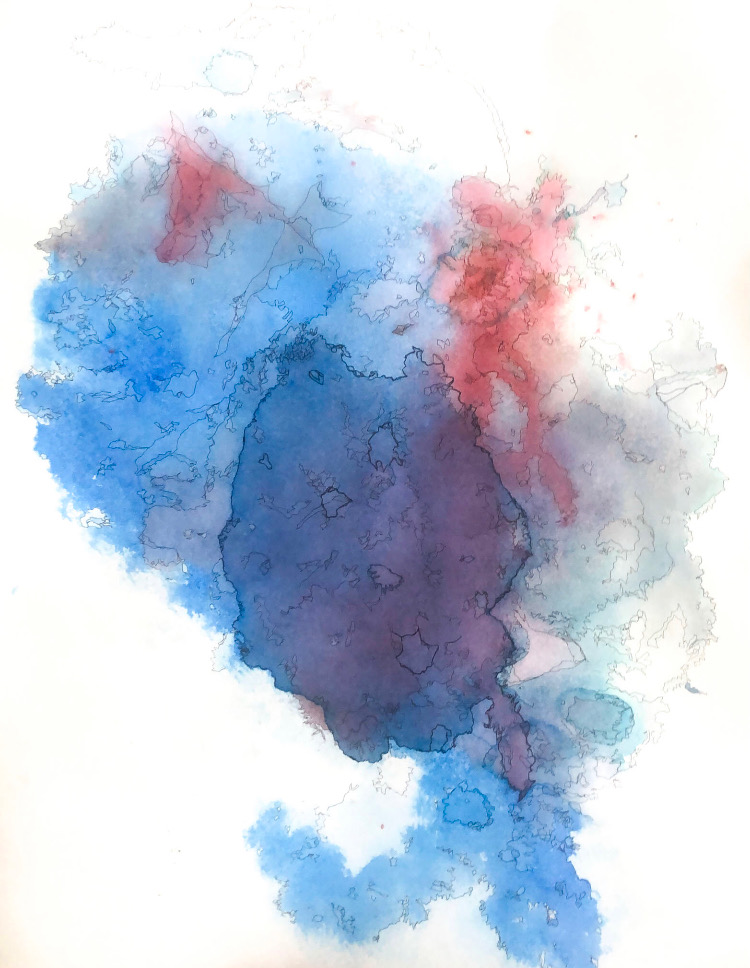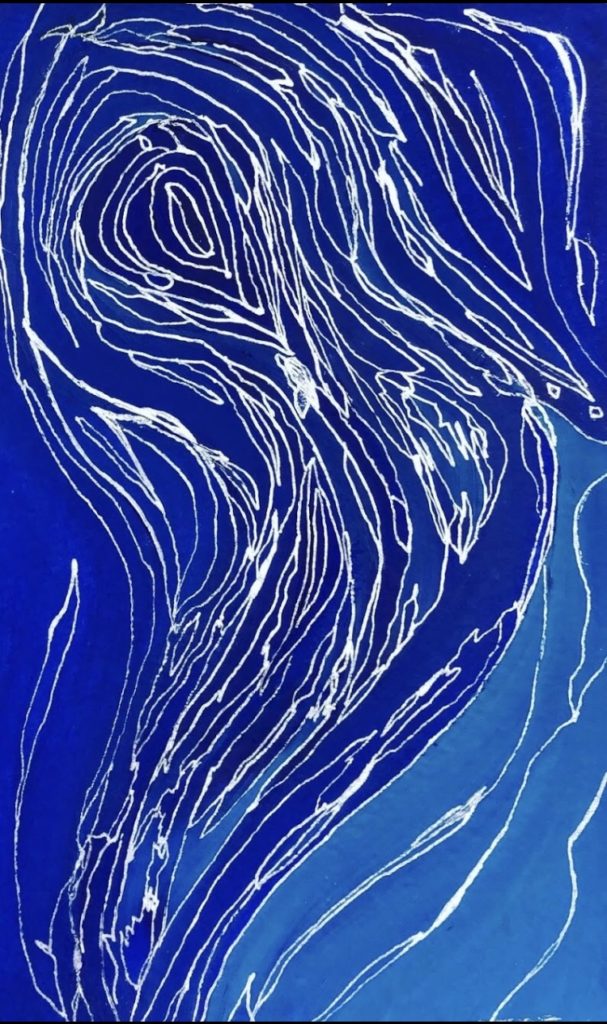In this special folio, eight writers push back against the traditional ways of viewing magic in fairy tales to usher in fresh perspectives.

November 30, 2020
Magic fuels survival. The inexplicable offers relief from emotional distress and pain in the aftermath of abuse, violence, or disaster. But when and why do people turn to magic? Amanda Leduc writes about this phenomenon in Disfigured: On Fairy Tales, Disability, and Making Space: “In fairy tales, the transformation of the individual relies on fairies and magic—or the gods—because it is understood society itself can’t (and indeed won’t) improve.” These stories were born out of a time when people felt powerless. Leduc’s criticism asks us to confront how magic once operated in previous traditions and what that means with our relationship to magic now. How can contemporary writers counteract those narratives with stories imbued in magic? In this special folio, eight writers push back against the traditional ways of viewing magic in fairy tales to usher in fresh perspectives.
You’ll find all pieces of the folio interpret magic in radically different ways. Some works are grounded in reality. They are familiar, subtle. Others exist in worlds that operate unlike our own. They are otherworldly, ethereal.
Sydney Jin Choi’s “In This I Find” captures a quiet kind of magic in a playful form that encourages us to read the poem in multiple ways. “I’m starting to believe in small magics,” she writes. The magic here is understated. It simmers just below the surface of the speaker’s interactions, beliefs, and understanding of the world. Glimmers of magic are fleeting, appearing in the language she uses. Conversely, in Sheena Raza Faisal’s “fable,” magic has an active role in the narrative. It takes over, allowing three daughters to transform their bodies when their father and husbands usurp authority. The traits these men criticize become the daughters’ strengths, and in turn enable the daughters to regain power and escape domestic abuse.
In the world of Jade Song’s short story, “Controlled Burn,” two siblings confront specters in their childhood home following their mother’s death. The characters observe and interact with these non-traditional ghosts. Song’s story focuses on the power of ritual and the magic of fire as a restorative part of healing. In contrast, Nicole Im’s essay, “Stay,” captures a private kind of magic during therapy sessions where the narrator reconnects with her inner child. This magic unlocks the narrator’s internal ability to reconcile dissonance, acknowledge harm caused, and embrace the healing journey that lies ahead.
In Jerome Blanco’s “The Baptism of Alphonse Reginald Del Rosario,” an immigrant kid navigates grief and healing through the transcendent magic of baptism, and grapples with trauma and destiny. Through magical realism, Blanco smartly weaves themes of trauma, humor, and grief as the protagonist, Reggie, urgently seeks ways to communicate with the dead.
Alissa Tu’s experimental essay, “Insecurities,” wields text, visuals, typography, and formatting to challenge traditional narratives on survivorship. Form and content work in tandem to fuse fantasy and magical girl anime elements as the narrator looks to cope with reality and trauma.
Danielle Batalion Ola’s essay, “If We Didn’t Laugh,” pulls us back to magic based in reality. A granddaughter learns to cope with distress through laughter. Women in her family carry on the legacy of a persistent matriarch that survived war. Yuxi Lin’s series of persona poems, “On Transformation: Self Portraits,” also feature characters working to regain autonomy, but with a fantastical and speculative approach. Inspired by fairy tales and myths, each of the speakers in Lin’s poems express divergent perspectives in these retellings of well known stories.
Accompanying each piece of the Magic folio are mixed media art selections from “Cartography” and “Stay Home,” two series by artist Aarthi Haig. In her work, Haig maps her navigation of the trauma healing process. Through exploring materials, testing their limits, and watching how they interact, Haig investigates the present moment and uncharted territories to be traversed in recovery from childhood abuse. The elements of improvisation in her work are magic too.
It is undoubtedly difficult to sit with trauma of any form. In Trauma and Recovery, Judith Herman, M.D. writes: “To study psychological trauma is to come face to face both with human vulnerability in the natural world and with the capacity for evil in human nature.” Whether it is to study, to read, to witness, to hold—all the works in this folio demonstrate how people react, survive, exist, and heal with varying forms of magic.
In this special folio, each contributor uses magic to reclaim agency in the wake of violence, re-imagine fairy tales, and speculate on uncanny ways to heal from trauma and grief. They invite us to bear witness to the unfathomable, and urge us to not look away.
—Emperatriz Ung
Contents: IN THIS I FIND by Sydney Jin Choi | FABLE by Sheena Raza Faisal | CONTROLLED BURN by Jade Song | STAY by Nicole Im | THE BAPTISM OF ALPHONSE REGINALD DEL ROSARIO by Jerome Blanco |INSECURITIES by Alissa Tu |ON TRANSFORMATION: SELF PORTRAITS by Yuxi Lin | IF WE DIDN’T LAUGH by Danielle Batalion Ola
Table of Contents
IN THIS I FIND by Sydney Jin Choi
I’m starting to believe in small magics like / astrology and sudden rain
FABLE by Sheena Raza Faisal
Once, in a city on the coast, a man had three daughters.
CONTROLLED BURN by Jade Song
Loneliness sat on the counter stool, leering at Love while preening at its own reflection in the musty beer bottle clutched in its claw.
STAY by Nicole Im
Together, we consider for the first time that maybe she didn’t make it up, that maybe she didn’t ask for it, that maybe it really wasn’t her fault.
THE BAPTISM OF ALPHONSE REGINALD DEL ROSARIO by Jerome Blanco
I went into Ate Luz’s room and closed the door behind me. I didn’t want my parents seeing me in there because I knew how sad it made them.
INSECURITIES by Alissa Tu
NOTTHECRUSH tells me he has a crush on me.
ON TRANSFORMATION: SELF PORTRAITS by Yuxi Lin
For years I moaned like a dog / that didn’t know it had teeth.
IF WE DIDN’T LAUGH by Danielle Batalion Ola
As I grew older, I learned that being happy can feel like this. A hunt. A scramble. A rush to find a single moment of lightness and enjoy it while we can

